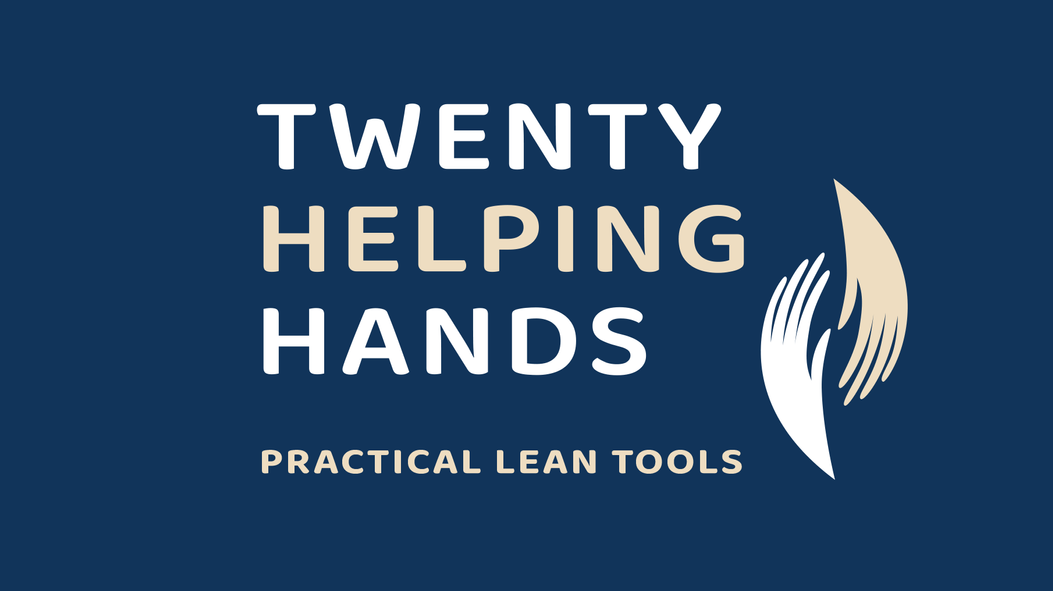FAQs
Frequently Asked Questions
What Are Some Signs That It Maybe Time For Helping Hands Assistance
Decreased Mobility
Trouble walking and moving around can make it tough to complete routine activities of daily living, making helping hands a much-needed help. Mobility issues can have far-reaching effects, making it challenging to safely get around the house (especially if stairs are involved), shower, or go out for errands and social visits. This can lead to many other problems, from fall-related injuries to malnutrition. Helping Hands caregivers can help your loved ones get where they need to go and provide valuable companionship.
Physical Changes
When you hug your loved ones, you may notice that they feel thinner and frailer than before. Or, maybe you’ve spotted bruises on their body. These types of physical symptoms may be signs that your parent needs some extra help at home. Significant weight loss can signify that your aging parent is struggling to plan and prepare meals for themselves or have trouble getting around the kitchen, or possibly remembering how to cook correctly (a sign of cognitive decline).
Increased Forgetfulness
We all forget things sometimes – the name of that book you read or what you walked into the room to get. But increasing incidents of forgetfulness over time, especially when it comes to essential to-dos like doing laundry and paying bills, may indicate that helping hands care is needed. If your loved one’s memory issues interfere with their everyday activities and well-being, it’s a good indication that they should see a physician about their memory problems, as these may be signs of cognitive decline.
Difficulty Maintaining One’s Home
Difficulty keeping up with housework is a common indication that an elderly person needs helping hands. They may be unable to perform these tasks the way they did before due to mobility issues, cognitive decline, or even depression.
Some signs that your loved one is struggling to keep up with the housework may include dust, dirt, or grime in areas that used to be clean, excessive clutter, or piles of dirty dishes. Helping hands caregivers provide housekeeping assistance such as cleaning countertops and appliances, sweeping the floor, running the dishwasher, and doing laundry.
Loss of Interest in Activities and Hobbies
Have you noticed that your loved one no longer seems to enjoy many of the hobbies they once loved? Maybe their previously well-tended backyard garden has been neglected, or their weekly card game with friends has gone by the wayside. You might notice that your mom or dad has even given up more sedentary activities such as knitting, reading, or watching a favorite TV show.
What Expectations Should I Set For The Caregiver?
The exact expectations you need to set will depend on the client’s specific needs. But, in any situation, seniors and their families can benefit from being very clear from the start about the types of care they need and their expectations for their relationship with their Helping Hands caregivers.
Put Your Needs in Writing
Setting expectations for your Helping Hands caregiver begins before you even hire them. When people decide it’s time for Helping Hands care, most are already thinking about what tasks and types of assistance they’ll want the caregiver to provide. Write this information down as it comes to you, even if you haven’t started interviewing care providers. This will help you narrow your search down to providers who offer all of the care you’re looking for and make the acclimation process smoother once care begins.
Provide a Detailed Job Description
One mistake people tend to make when hiring an aide is to tell them that their job is “to take care of Dad or Mom.” But, this open-ended explanation can lead to misunderstandings and conflicts between the client and caregiver. It’s best to provide a detailed job description. Do you expect the aide to cook? Clean? Do laundry? Pick up groceries and run errands? Make your expectations clear. If you put all these details in writing, you won’t run the risk of disappointment once you’ve hired your helpers.
Find the Right Fit
It’s essential to find a caregiver your family will be comfortable with. The person will be spending some hours per day or several per week in your or your loved one’s home, so care works out better for everyone when there is trust between the client and caregiver. When interviewing aides communicate that comfortability between your older loved one and/or yourself, and the aide is important. It’s good to set this expectation from the start.








